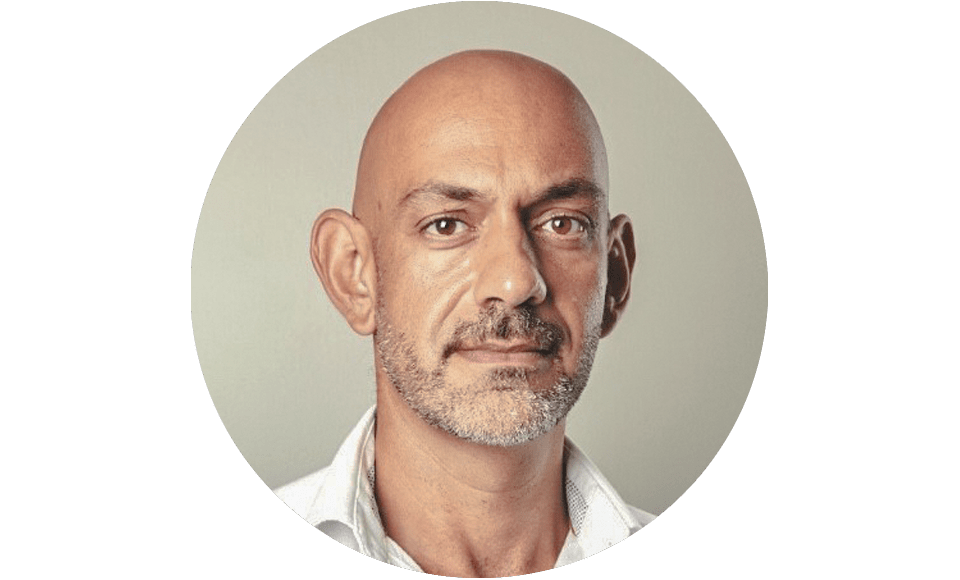Pedro Cativelos, Executive Director of Media4Development
When, in mid-September, the Mozambique Minister of the Economy and Finance, Adriano Maleiane, announced in Abidjan, in the Ivory Coast, that he was expecting the work of TotalEnergies in Cabo Delgado to restart prior to the one-year period that the company had initially estimated as necessary for the government to resolve the security issues prevailing in the region, the journalist ‘leads’ lit up. “I think that the expected period of delay in the works may perhaps be reduced because we would point to a year as the time necessary for the project to restart but, looking to the current situation, I believe that this is not going to be the case. We are doing our best”, the minister explained and displaying optimism over reducing the timeframe.
“The prospects are good because the peace is holding, the displaced people are returning to their homes and we are now in a process of providing the conditions for them to voluntarily return”, the minister added.
We would recall that when the French oil major TotalEnergies, leader of the consortium in Area 1 in the Rovuma Basin, suspended the work in Afungi on 24 March 2021, on the day the city fell under terrorist attack, before a month later announcing the suspension of the entire project for an unspecified period of time, the scenario was well beyond a matter of concern and the forecasts for the delay in natural gas extraction were not friendly to anybody who had placed hope, investment or good faith in the situation. At the minimum, everything would be shut for a period of between a year and a half and three years. However, on the horizon, and driven by the winds pushing the energy transition and the solar rays of sustainability that have risen up the agenda of the major global investment funds, there loomed the possibility that the energy shift allied with the timing of this halt in the project might mean the implementation of the projects for Areas 1 and 4 (this delayed from the outset by the North American Exxon Mobile and without any prospects of resumption) never actually advances.
We are apparently then left with, should there be the continuation of the triumphal tone of the military intervention ongoing for the last few months in the region by a joint force from Mozambique and Rwanda, a shortened period of around 18 months between the total shutdown for reasons of force majeure and the gradual restarting of construction work on this mega-project evaluated between 20 and 25 billion euros, and the single largest private investment project under way in Africa, backed by various different international financial institutions and that foresees the construction of industrial units and a new city between Palma and the Afungi peninsula.
Thus, this is the first good news in macroeconomic terms for Mozambique in recent years and breaking with a negative cycle that extends back through the recent past, echoing through the hidden debts case, now dragging its way through the courts, the devastating effects of cyclones Idai and Kenneth, the recurrent reports over the last three years of attacks by insurgents in Cabo Delgado and, finally, the arrival of the pandemic in the country and how the subsequent multiple waves have daily assaulted earnings, savings, small, medium and large businesses and, above all, the health of millions of Mozambicans.
There is, once again, on the horizon, at least economically, the chance of growth allied with the prospect of effective development with the beginning of a project of such sheer magnitude in an economy in which the GDP per capita (below 500 dollars per year) is still towards the bottom of the world’s economies.
The restarting of construction work on the gas extraction and liquification plant (which will only begin operation in 2026) combining with the beginning of production by another unit, floating and smaller in scale, operated by the Italian ENI, located in the same Rovuma Basin, in mid-2022, would indeed be good news and bring to an end a cycle that had hitherto seemed endless while simultaneously opening up a new chapter in the history of a country that deserves to be happy. Both the country and its people.







